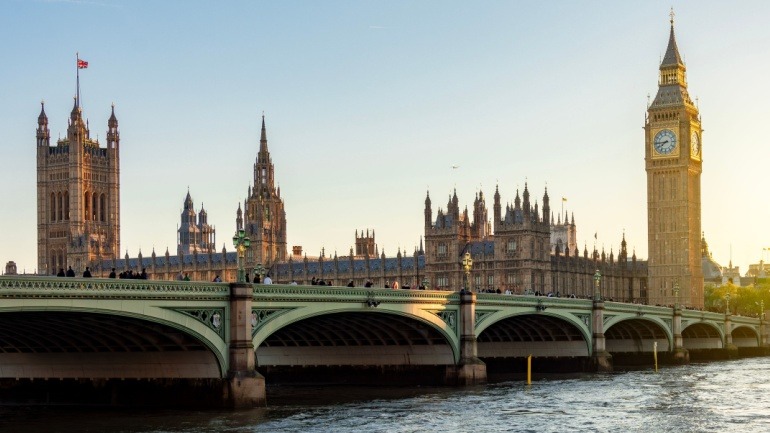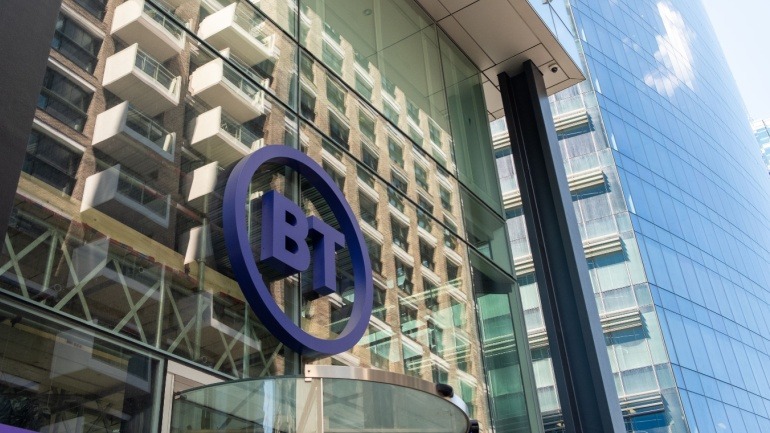In a significant move against the rising menace of spyware, representatives from various countries recently convened in London for the UK – France Cyber Proliferation conference. This gathering underscored the urgent need for international cooperation against the malicious use of cyber tools, an issue that transcends national borders. UK Deputy Prime Minister Oliver Dowden highlighted the importance of joining forces with allied nations to combat cyber threats, positioning the UK as a leader in this global fight.
The conference saw participation from 35 countries, although the final declaration included only 27, among them the African Union and the Gulf Cooperation Council, representing a broad coalition of 61 member states. Notable by their absence were major players known for their adversarial stance in the West, such as China, Russia, and Iran, alongside the entire Latin American region. Another surprising absentee was Israel, a key US ally and home to the controversial spyware maker NSO Group.
The event was marked by a strong call for a united front to enhance the commercial intrusion sector’s contribution to security and societal well-being. NCSC’s Director of Operations, Paul Chichester, emphasized the need for a robust global cyber security sector to safeguard the digital society’s integrity. The conference aimed at fostering improved oversight and transparency in the development, sale, and use of cyber capabilities to mitigate threats.
Despite the ambitious declarations, the absence of significant entities like NSO Group from the list of companies endorsing the pact—which includes tech giants like Google, Meta, and Microsoft—raises questions about the initiative’s reach and impact. The effort appears as a strategic alliance aiming to curb espionage activities, notably highlighted by recent accusations from Dutch intelligence against China for political cyber espionage and new US policies introducing visa restrictions to counter the misuse of commercial spyware.
This initiative arrives amid growing concerns over the commercial surveillance industry’s impact on individual freedoms, as voiced in a recent report from Google. The widespread reliance on digital devices makes the threat of spyware increasingly relevant, challenging the notion of privacy and security in the digital age. The London conference represents a critical step towards addressing these concerns, though its effectiveness in fostering a more secure digital environment remains to be seen.







